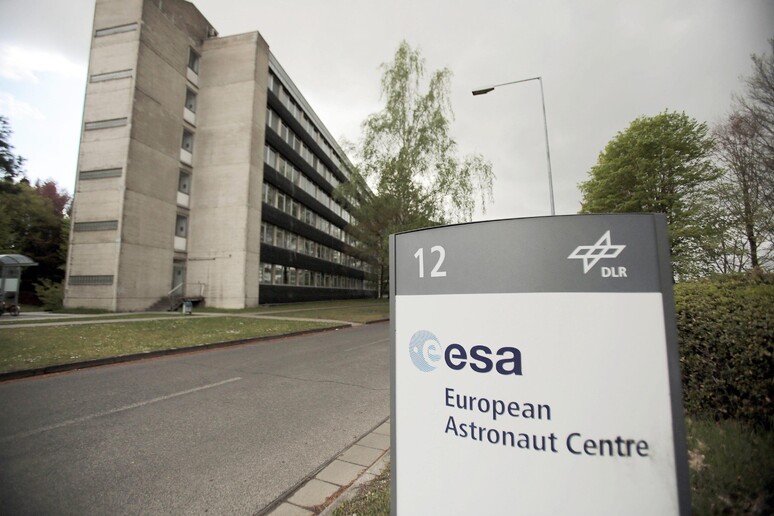The European Space Agency has given
the green light to the EnVision Venus orbiter, whose launch is
scheduled for 2031, and the LISA mission, which will study
gravitational waves from space for the first time and is set for
lift-off in 2035.
Italy will have a big role in the two missions, which have been
approved by ESA's Science Programme Committee, with the
involvement of the Italian Space Agency (AGI), the National
Institute of Nuclear Physics (INFN) and Trento University.
"These pioneering missions will increase knowledge in a truly
exciting area of ;;space research and allow European scientists
to confirm their leading role in research in both sectors," said
ESA Director of Science Carole Mundell.
LISA (the Laser Interferometer Space Antenna) will be the first
gravitational-waves detector in space.
Hotly awaited by researchers from all over the world, it could
lead to big steps forward in our knowledge of the violent
phenomena of the universe that shake spacetime, from the
collision of black holes and the merging of neutron stars to the
Big Bang.
The mission will be made up of a constellation of three
spacecraft that will form a triangle in space, with each side
measuring 2.5 million km, at 50 million km from Earth.
EnVision is set to discover the secrets of Venus, which is the
Earth's twin in terms of size and structure and also had a
similar climate before the greenhouse effect took over.
The first scientific data from the mission, Europe's second to
the planet after Venus Express, are expected to arrive in 2035.
ALL RIGHTS RESERVED © Copyright ANSA











